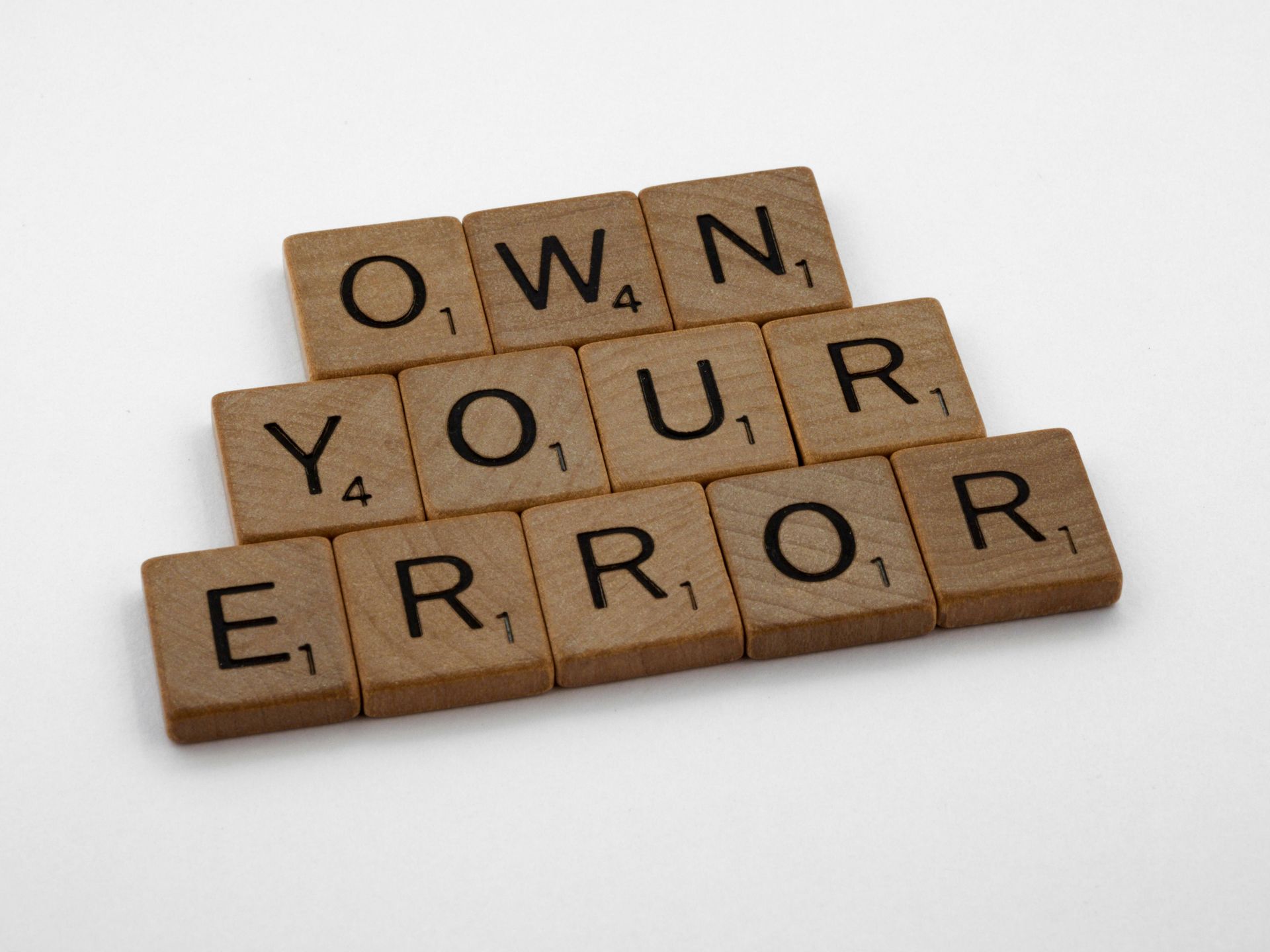Why Every Team Needs a “Common Language” (and What That Really Means)
Communication can feel threatening. But what if your team had the same playbook for conversations? That’s the power of a “common language.”
Who’s ever been misunderstood during a conversation at work? Who’s ever worried about how to bring something up without it turning into a bigger deal? And, be honest, who’s ever been nervous to approach a doctor or coworker? If that resonated with you, congratulations, you’re human!
Those moments are so common, and they all tie back to the same challenge: communication can feel threatening. Not because we don’t care, but because we’re not always sure how to say something so it lands the way we intended.
Why communication feels harder than ever
Here’s the kicker: communication isn’t getting easier; it’s actually getting harder. Why?
- We undercommunicate. Most miscommunication doesn’t come from saying the wrong thing, it comes from saying nothing at all. We undercommunicate. We hope the other person “just gets it.”
- We were never really taught how. Nobody sat us down in school and said, “Here’s how to handle hard conversations.” We’ve all picked up habits along the way, some good, some… not so much.
- Digital age. Texts, emails, quick hallway chats, we’re used to fast, clipped communication. But when it’s time for a face-to-face, especially a tough one, we don’t always have the confidence (or practice) to do it well.
- Turnover. Ten years ago, you might’ve worked side by side with the same teammate for years, slowly building trust. Today? You might be paired with someone who’s been on the job three weeks. Trust takes time, and time is a luxury most teams don't have in today's work climate.
So the question becomes: are we going to get bitter about it, or get better?
Enter: “Common Language” tools
Imagine if your team had a shared set of tools and definitions that helped make conversations safer, clearer, and more productive. A kind of playbook where no one is left guessing what you really mean.
That’s what we mean by common language. It gives teams:
- A way to lower the threat in the moment
- A framework that feels familiar to everyone
- Confidence to speak up and the expectation to really listen
And here’s the ripple effect: when team communication feels easier and safer, trust grows. Collaboration strengthens. Stress goes down. And, maybe most importantly, your patients feel it too.
Think about walking into a business where the team vibe feels tense. You can tell right away. Now think about walking into a place where the team is connected, communicating, and working together, you feel more confident in the care you’re about to receive. That’s the power of a common language. It doesn’t just improve team culture; it directly impacts the patient experience. In an upcoming blog, I’ll share an example of a common language term we use in our organization that has changed the way our team works together.
That’s one of the things we help organizations build every day. If your team is ready to communicate with more confidence, connection, and clarity,
let’s talk.









